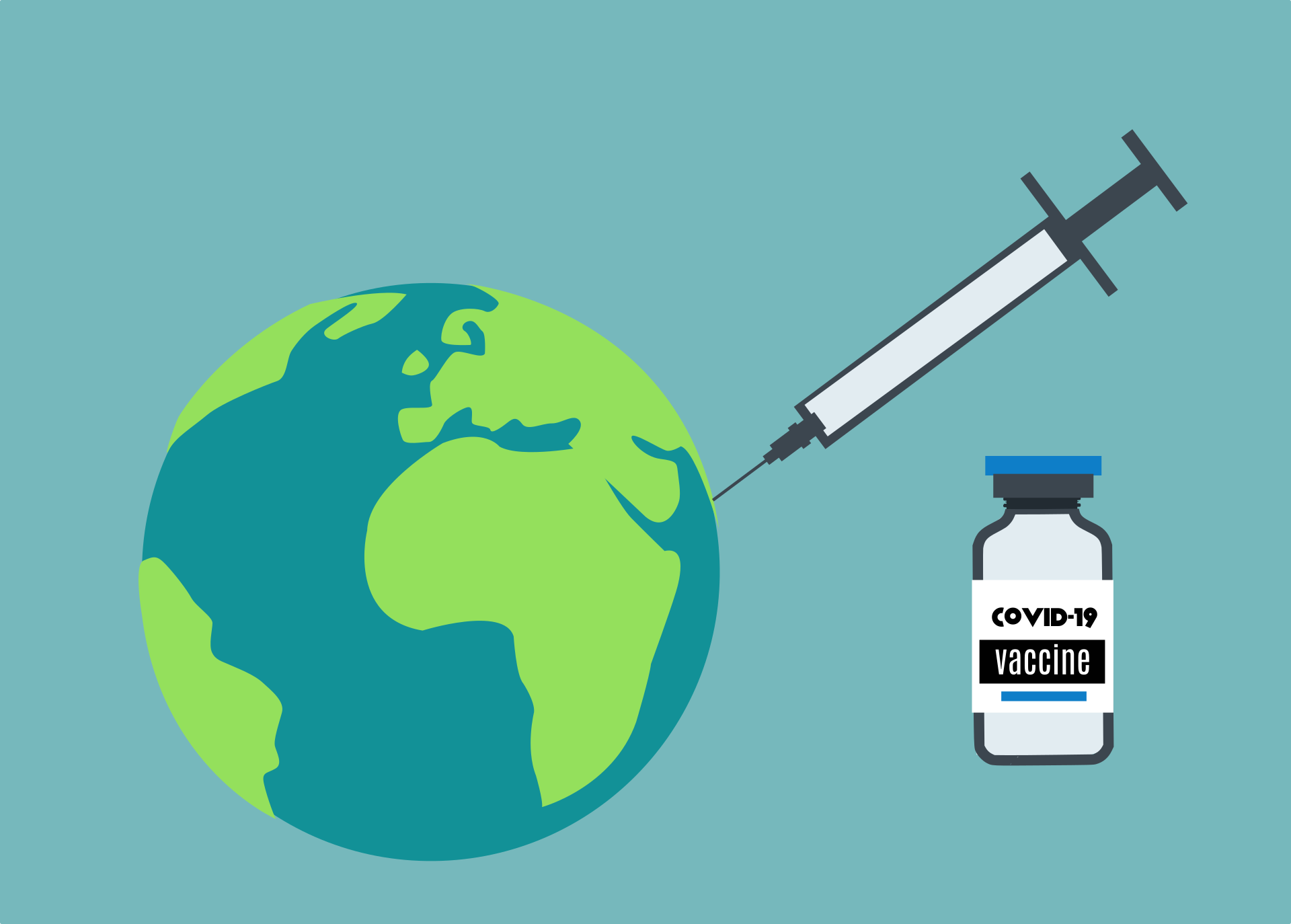Conspiracy Theories in the Corona Crisis
Theories
“There is nothing more practical than a theory“, Einstein is supposed to have said. Whether real or well invented, this saying is good. This time, I want to shed light on the function of theories in normal science, but also in the Corona crisis, where – stay the hell away from me – people shout “conspiracy theory!”.
So, what is the “useful” thing about a theory? Theories in the broadest sense guide our perception. They express what we expect based on our prior knowledge. The everyday theory that the sun rises in the east and sets in the west is such a bundled experience. The bundling of previous experiences into an expectation according to which we act is useful, or, to speak with Einstein, practical. For it saves us from having to develop everything all over again. Perception without theory hardly works, or at least only in specially purified states of consciousness. Husserl, the founder of phenomenology, spoke of the fact that we have to leave out all our pre-conceptions (i.e. “theories”) if we want to perceive reality as it is [1]. This is a noble call, which is also made again and again by the spiritual meditation traditions: to let go of mental conditioning in order to perceive what is completely in the moment. If you meditate a lot, you can do that from time to time. But it would be too exhausting to do it all the time. We are also historical beings and bundle our experience – individual and cultural – into inner models of the world. In science, such models are called “theories”.





